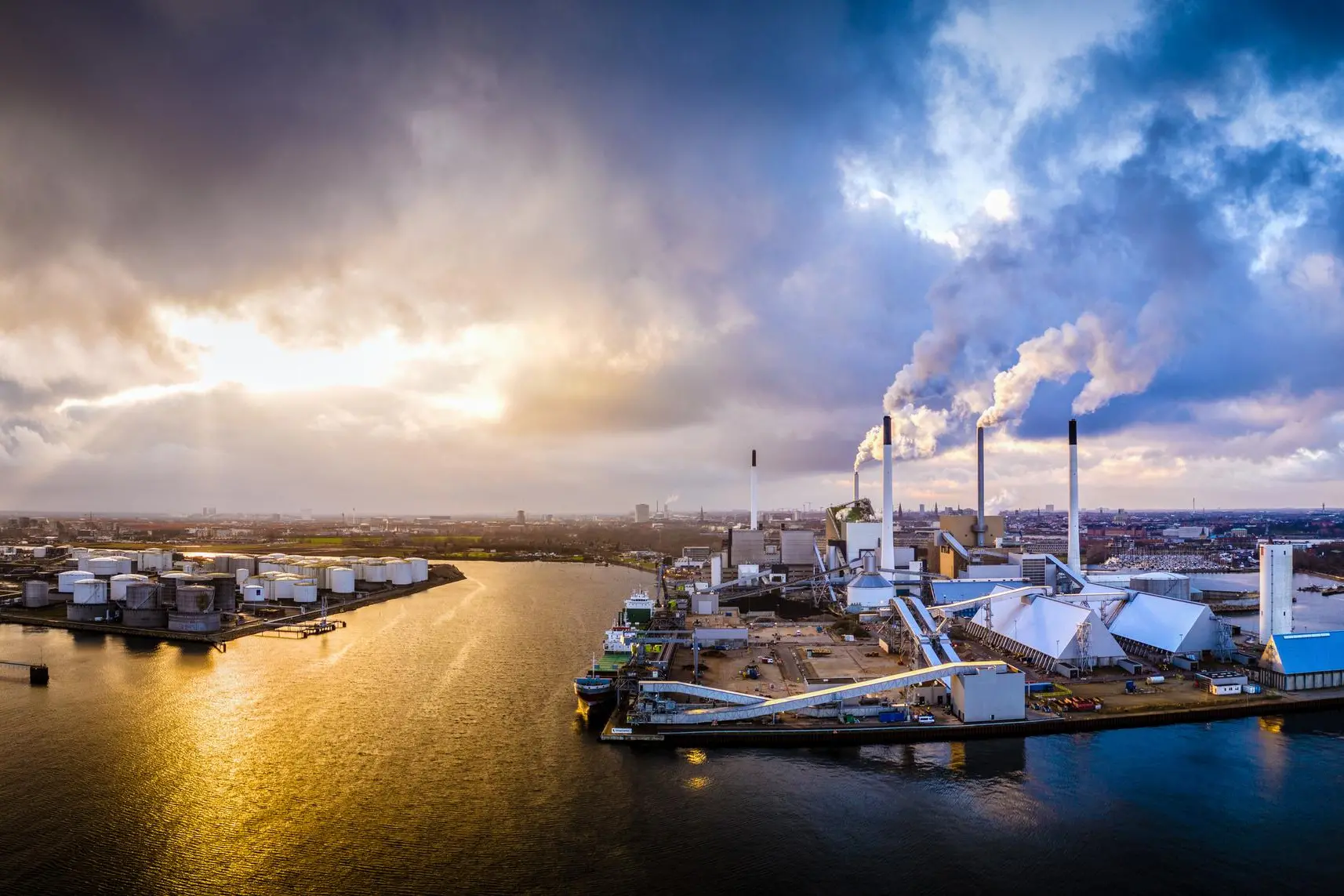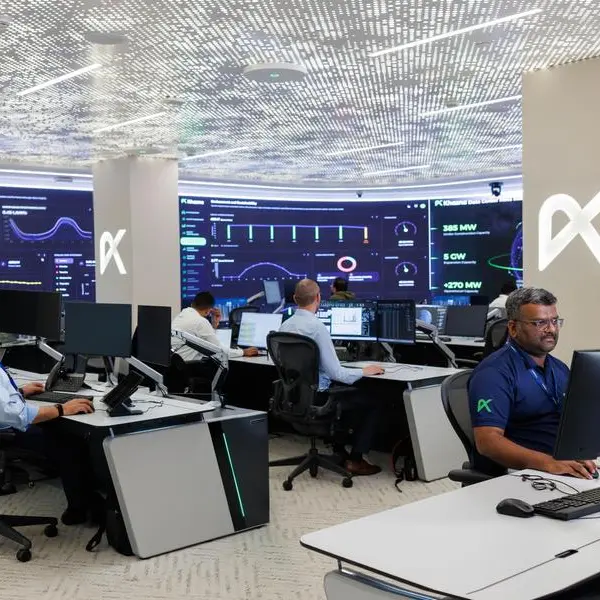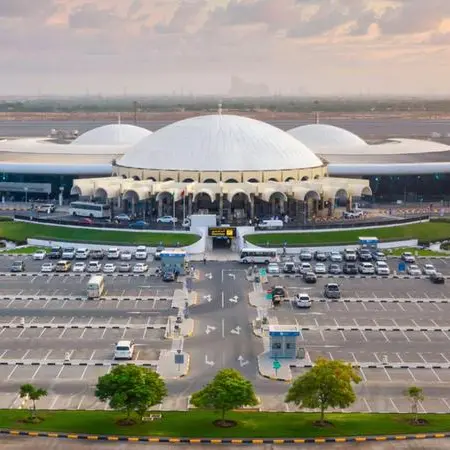PHOTO
For a waste-management company, Sharjah-based Bee’ah is aiming high. It is helping the city become the first in the region to send zero waste to landfill, and according to group CEO Khaled Al Huraimel, it will continue to pursue its ambitions to pioneer a sustainable quality of life with a two-pillar approach of sustainability and digitalisation.
Following the expansion of Bee’ah’s waste collection services into Egypt and Saudi Arabia in 2020, Emirates Waste to Energy Company, Bee’ah’s joint venture with Abu Dhabi-based Masdar, will explore more opportunities to set up more waste to energy projects in the region, Al Huraimel said in an interview with Zawya.
The company’s projects closer to home include a solar landfill, the first of its kind in the UAE, under development by Emirates Waste to Energy Company. The project will turn Al Saja’a waste landfill into a solar farm through the installation of photovoltaic panels and will provide up to 120 megawatts of clean energy. The first of three phases will begin in 2023.
“There is massive potential for this technology as a solution to unrecyclable waste and for cities with zero-waste strategies,” said Al Huraimel.
THE CIRCULAR ECONOMY
In the waste-to-energy process, waste is converted into heat, which then drives an electric turbine. The city of Sharjah has a waste diversion rate (recycling rate) of 76 percent, but Al Huraimel says Bee’ah’s projects, including the Sharjah Waste to Energy Facility, will help the city achieve zero waste to landfill, making the company a significant contributor to the circular economy.
This in line with official UAE policy, as the government announced last week that its cabinet had approved the UAE Circular Economy Policy 2021–2031 with a focus on green infrastructure, sustainable transportation, food production and consumption.
“Having achieved a 76 percent waste diversion rate in Sharjah, the highest rate in the region, our Sharjah Waste to Energy Facility will soon to be launched in 2021 [and] will result in Sharjah becoming the first zero-waste-to-landfill city in the region,” said Al Huraimel.
Further afield, Bee’ah also operates in Madinah City in Saudi Arabia, serving a population of 1.2 million people with a solid waste-collection service employing 3,000 workers.
In Egypt, Bee’ah was appointed the waste-management partner for Egypt’s New Administrative Capital, with operations due to start in March 2021. It has another ambitious target here, a waste diversion rate of 80 percent, for which a digital system will be used to track and monitor waste produced by a population of 2 million in a venture employing 1,000 people.
WastePro+, a digital system that tracks and monitors waste, will be deployed there to help increase efficiency and improve the environmental impact of waste collection, Al Huraimel said.
“It allows us to collect data on waste collection and transport so we can optimise collection times, remove vehicles from the road, reduce vehicle and fuel usage, emissions and man hours, and ensure accountable driver?behaviour. We can also fully monitor logistics and control assets across all stages of the waste management cycle.”
The company will also be establishing a refuse-derived fuel facility and a medical waste facility in Egypt that can process up to six tonnes of medical waste per day.
LIFE AFTER COVID-19
Bee’ah was part of the UAE’s national disinfection programme during the COVID-19 lockdown, deploying vehicles and workforce to disinfect 47,570 km of roads as well as community spaces, clocking in over 120,000 total vehicle hours. It also launched disinfection pods for deployment at building entrances in April 2020.
While 2020 has been a challenge for the company, the global COVID-19 pandemic has raised awareness of the possibility of a green recovery and the need to safeguard the environment, according to Al Huraimel.
“This is where companies like Bee’ah come in, offering an integrated waste management model that looks at the entire waste cycle, from awareness and collection to treatment and reintegration into the economy,” he said. “As such, we will be looking into expanding our reach and impact this year and investing in our services and facilities to help lead the way to a more sustainable future for all.”
COVID-19 has led to an appreciation of the importance of the environmental sector, with governments being urged to treat waste management, including medical, household and other hazardous waste, as an urgent and essential public service for national health and safety, he said. “Internationally, we are seeing more demand for our services to help cities become smarter and more sustainable and address the issues brought to light by the pandemic.”
A SUSTAINABLE WORKPLACE
This year will see the opening of Bee’ah’s high-tech, environmentally efficient new headquarters in Al Dhaid Road, Sharjah. The building, a futuristic Zaha Hadid Architects–designed net-zero energy structure, with an on-site solar farm and Tesla Powerpack batteries, was originally mooted to open in 2019, but Al Huraimel said the “ongoing project” will open this year.
(Reporting by Imogen Lillywhite; editing by Seban Scaria)
(imogen.lillywhite@refinitiv.com)
Disclaimer: This article is provided for informational purposes only. The content does not provide tax, legal or investment advice or opinion regarding the suitability, value or profitability of any particular security, portfolio or investment strategy. Read our full disclaimer policy here.
© ZAWYA 2021





















